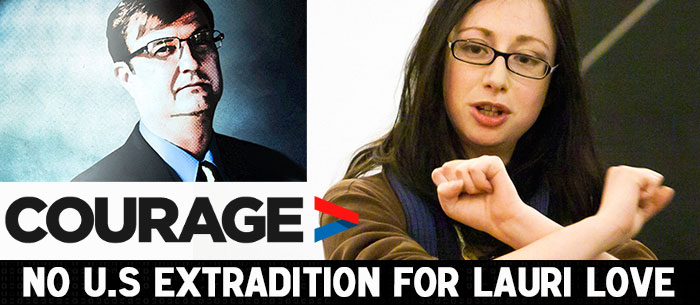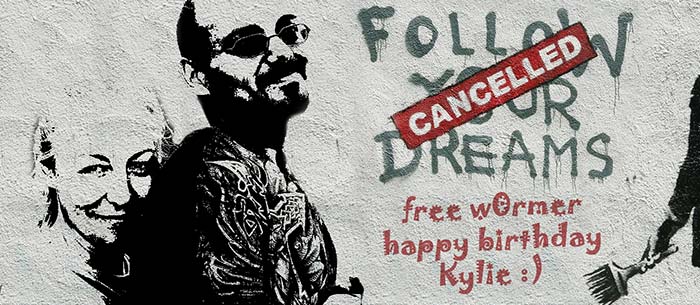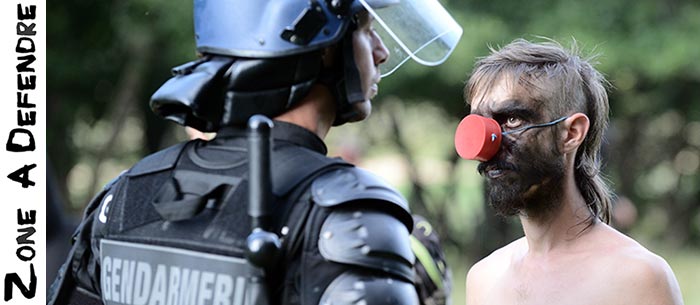
Home Anonymous Operations Anonymous Radio AnonUK Radio - Naomi Colvin & Tor Ekeland
AnonUK Radio t0pG3ar Live.
Global internet activist conversation. Guest: Tor Ekeland, Lauri’s US attorney.
4 July 2016 00:00
Naomi Colvin from the Courage Foundation talks about Lauri Love.
Lauri Love is a Suffolk-based electrical engineering student with British and Finnish dual nationality. His case raises concerns about Britain’s willingness to extradite vulnerable citizens to face potential life-long jail terms in conditions far worse than would be countenanced domestically. He is facing extradition to the US and a possible 99-year prison sentence after being accused of breaking into computer systems belonging to US government agencies, including the FBI, the Federal Reserve Bank and the Missile Defence Agency.
US accuses Lauri Love of hacking conspiracy.
US prosecutors claim that Lauri was part of a sophisticated network of criminals involved in computer intrusions, and have filed separate criminal charges in New York, New Jersey and East Virginia.
He is alleged to have taken part in OpLastRestort, a protest by the hacktivist group Anonymous over the treatment of Aaron Swartz at the hands of the US legal system, after Swartz downloaded thousands of academic articles. Aaron Swartz committed suicide following what his family described as “intimidation and prosecutorial over-reach” over a crime that had no victims.
Tor Ekeland said that the allegations involve “publicly available exploits”, open for several months, so the US is concerned much more with retaliating for its embarrassment rather than for serious harm. He also talked about a peculiar conspiracy charge in the New Jersey indictment, and the difficulty of fighting cases in the Southern District of Virginia.
Naomi Colvin, campaigner for the advocacy group Courage Foundation, which is supporting Lauri Love, said he was in no condition to cope with the harsh conditions of the US prison system. Other hackers and activists represented by the Courage Foundation have frequently faced hash treatment in US prisons, including loss of email and communication privileges, and solitary confinement.
“Stays in solitary confinement are very damaging anyway, but the effect would probably be more severe in Lauri’s case,” she said. “Lauri has particular health and welfare needs and the US courts and prison system are not set up to deal with those.”
Among the Courage Foundation’s beneficiaries are individuals, like Jeremy Hammond and Barrett Brown, who have been convicted of hacking-related offenses under the Computer Fraud and Abuse Act in the US. Based on our experience, we believe Lauri has reasonable fears about denial of bail and access to evidence, a coerced plea deal and frequent spells in solitary confinement.
The Courage Foundation runs Lauri Love’s official defence fund.
Official website - The Courage Foundation











